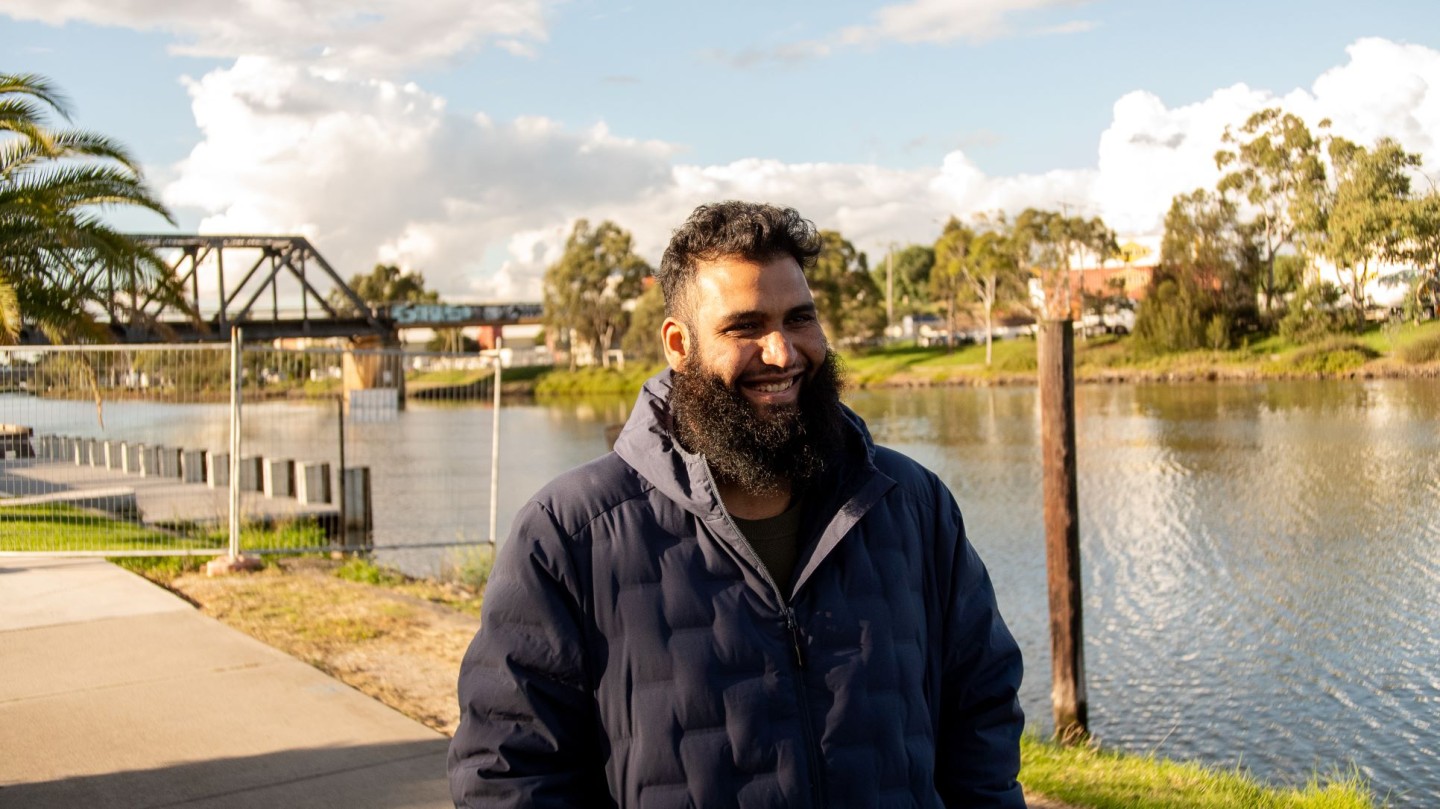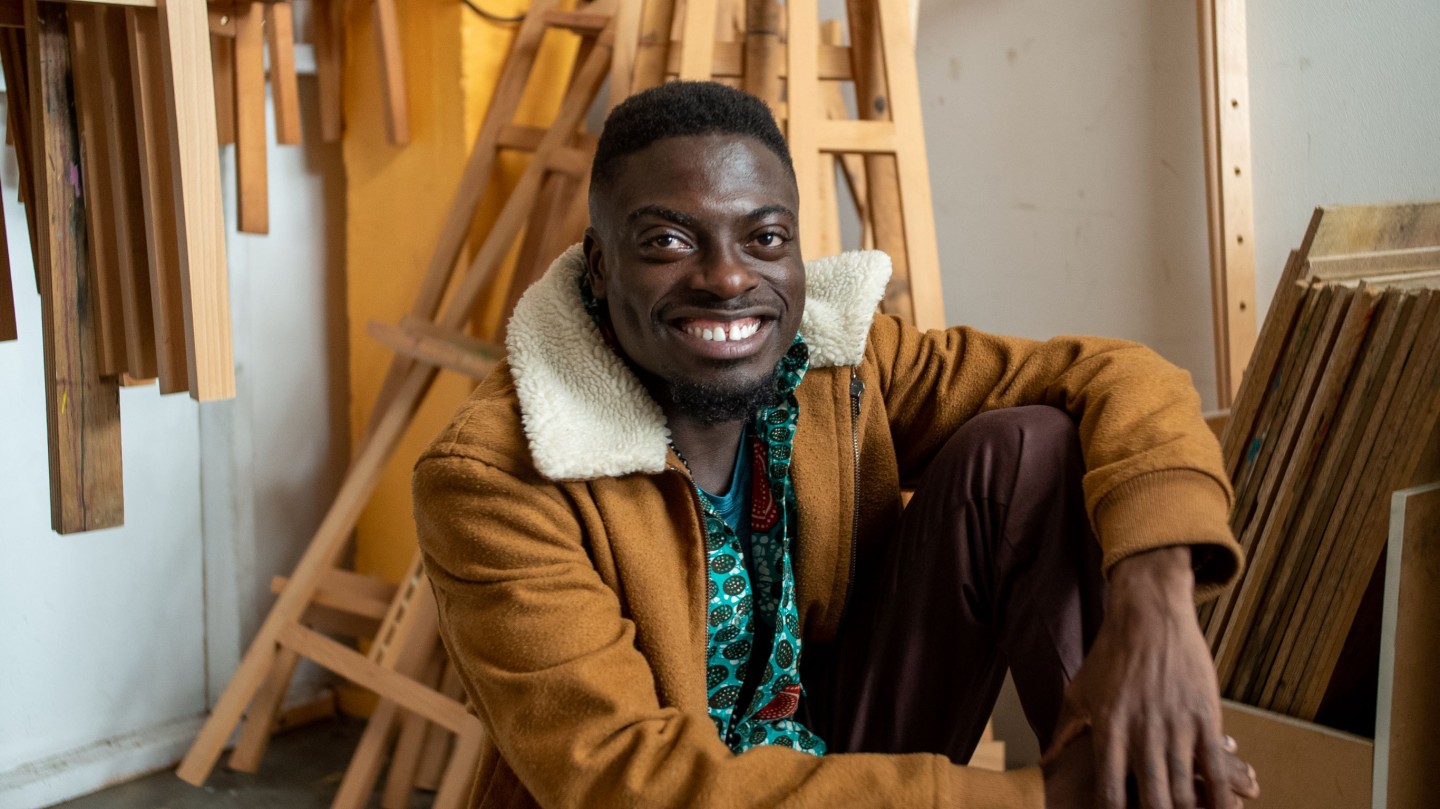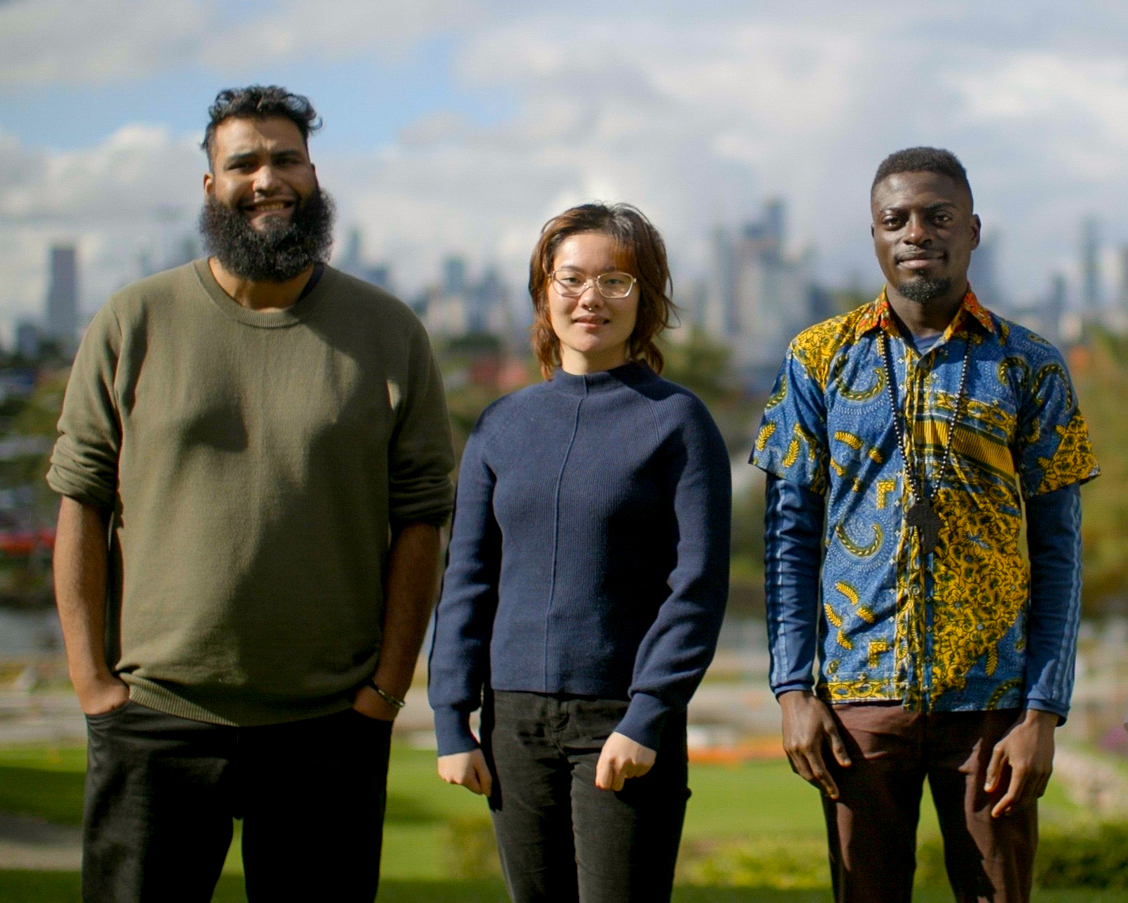What is cultural identity?
We are all complex, unique individuals with many different parts that help make up our identity. Cultural identity is one part of what makes you, you. It’s related to your beliefs, values, ethnicity, where you’ve lived before and where you live now.
Your cultural identity can influence your sense of belonging and fitting in. It can influence what you eat, who you spend time with and what you do for fun. It also shapes your values and your views on health and wellbeing.
This isn’t always defined by the country that you’re born in. It can be a part of your lived experience with migration, or it could reflect your family’s migration.
For example:
-
you may have been born overseas and moved to Australia
-
you may have been born in Australia, but your parents or grandparents moved here
-
you or your family may have lived across many countries, and now call Australia your home.
-
Your cultural identity can change over time, depending on what’s happening around you.
Culture and mental health and wellbeing
Different cultures have different ways of understanding and explaining mental health and wellbeing. For example, some cultures see mental health through a medical lens. Others see it as a reflection of spiritual and religious beliefs, and for some it’s all about a sense of belonging. There is no one right or wrong way of understanding mental health.
Sometimes the mix between mental health and culture is complex. You might come from a culture where mental health and wellbeing are not talked about openly. You might come from a culture where the view of mental health and wellbeing is not well understood or differs from the view in Australia. Your culture may use different language to describe mental health and wellbeing. This mix of ideas can lead to different views on mental health, and this can be hard if you’re experiencing mental health challenges or having a tough time.
It’s important to remember that if you’re having a challenging time and feeling stuck, you’re not alone. This is a common experience for many young people in Australia.
How this might affect you
Many young people from multicultural backgrounds find great strength and resilience in connecting with their culture and community. However, there can also be extra challenges that come with navigating the world as a multicultural young person in Australia. These include:
-
feeling ‘different’ from other people around you
-
experiencing bullying about your cultural identity, whether verbal, physical or online
-
experiencing racism and discrimination - being treated differently or excluded - because of your cultural identity
-
feeling pressure to ‘fit in’ and navigate the expectations of different cultures.
Moving to a new country can be really hard. If you or your family have moved countries because of war or trauma, this can make settling into Australia even more challenging. It can take time and support to find your place.
Looking after yourself and getting support
If you’re having a tough time there are many different ways to support yourself.
Whether you feel ready to speak to someone, aren’t quite sure yet, or are waiting to speak to someone, you can:
-
try some tips for a healthy headspace.
-
connect with a friend, family, community member, or someone else you trust. For example, a leader, an Elder, your Sheikh or Imam, your youth pastor, a teacher, or one of your parent's friends. It can be hard letting others know what is going on for you, especially if you’re worried about being judged. Talking to others can help you feel understood and more connected with your community. You could begin by talking about what you feel comfortable sharing and confide in a trusted community member that you’re having a tough time.
-
try online platforms like Kids Helpline or eheadspace which:
-
can be used anonymously and confidentially
-
are available for young people under 25 years
-
have flexible opening hours (check their website)
-
-
talk to:
-
your doctor (GP). If you don’t have a GP or want to know what to expect, check out What is a GP (and what can I expect)?
-
a peer support worker. A peer support worker is a young person trained to provide support based on their own experiences of mental ill-health and recovery. You can chat with a peer support worker online through a peer-led group chat.
-
a mental health worker
-
If things aren’t getting better or there aren’t supportive people around you can trust, you can get support from a headspace centre.
multilingual factsheets
You’re not alone
Juggling different perspectives and understanding of mental health and wellbeing is hard. It can impact you in different ways. It can make it hard to know what to do, who to talk to, and where to get help.
You might be concerned that your family or community might not understand how you’re feeling or there is stigma about mental health. You might even have concerns that mental health services won’t understand your culture or what it means to you and your wellbeing.
This might make you feel fearful that you’ll be judged or not taken seriously when you talk about your mental health. You may feel like you need to hide what’s going on.
How you feel is ok. It’s also important to remember that you’re not alone and there are many young people navigating and honouring their cultural identity. If you want to talk through any questions or concerns about your cultural identity, or if you're having a hard time, there are people who can help and support you.
For more information or support, find your nearest headspace centre; or contact eheadspace, our phone and online service.
The headspace Clinical Reference Group oversee and approve clinical resources made available on this website.
Last reviewed 6 July 2022
Get professional support
If you feel you need help there are a range of ways we can support you.




